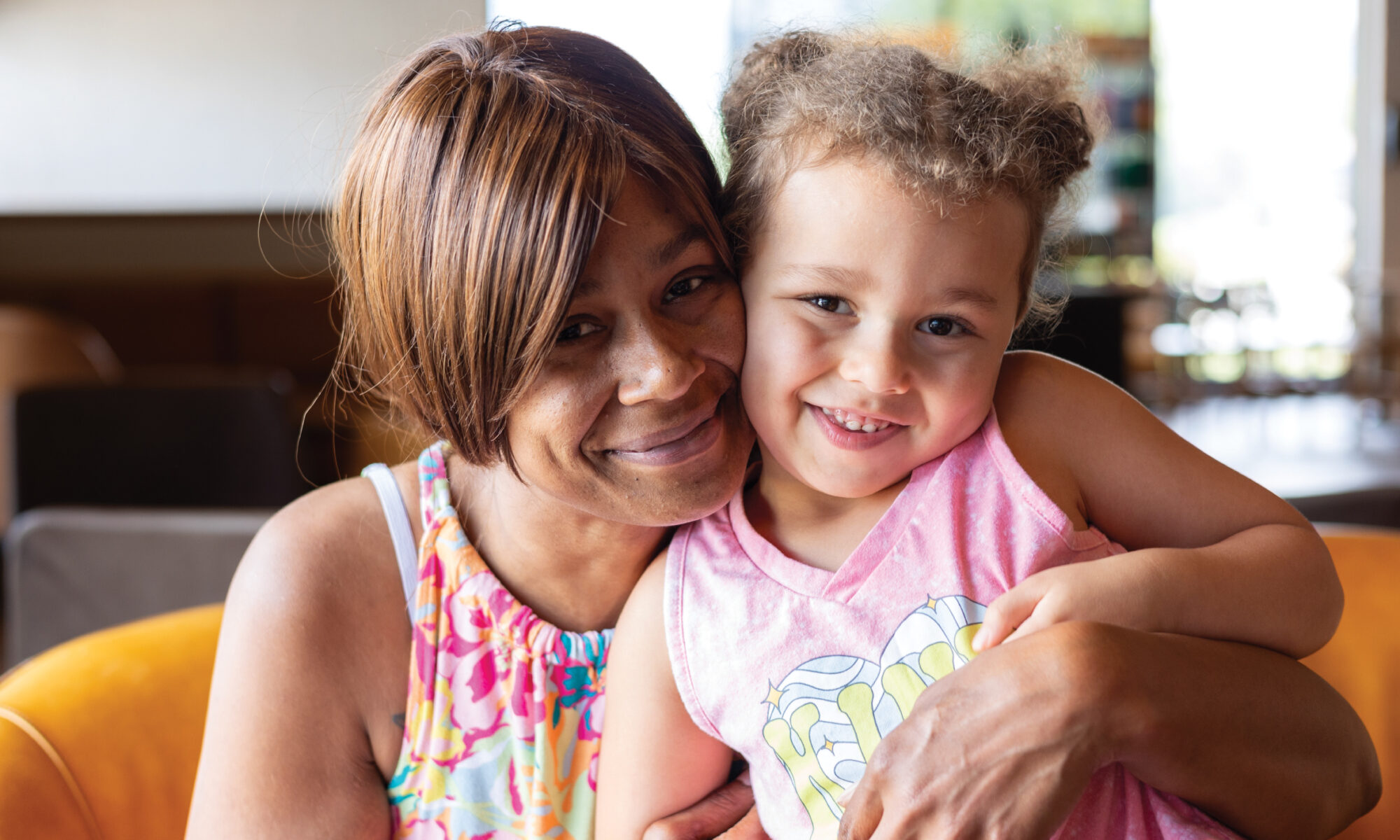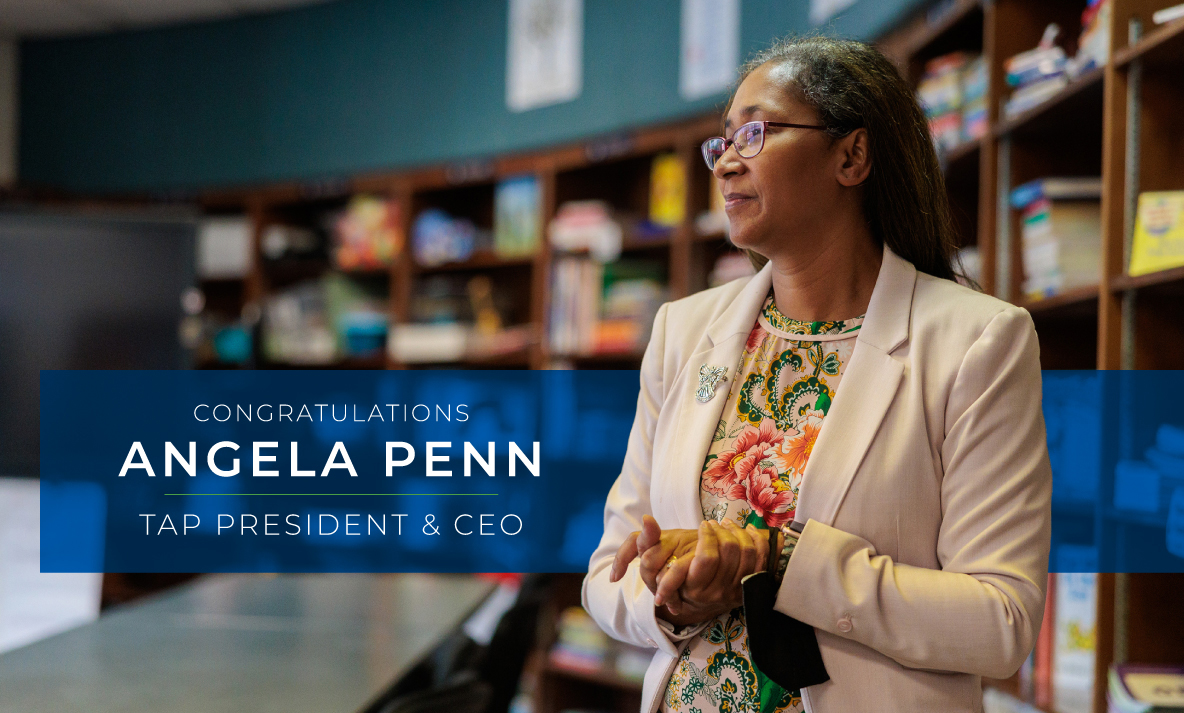Embracing Hope: The Transformative Power of Advocacy
Kasey Scott has worked hard to get her life on track. She’s beaten a drug addiction and battled homelessness, while working to build the best life for her three kids. When her daughter was non-verbal at the age of four, she reached out to TAP for help. In May 2022, she connected with Daisy Medina, a TAP Head Start home visitor. Since then, things have started looking up.
Kasey’s journey hasn’t been easy. She was living and working at the Daleville Holiday Inn when they closed. Her fiancé has chronic kidney disease, requiring dialysis three times a week. She’s faced challenges getting her daughter into the public school system. Transportation is difficult because she doesn’t have a car.
Daisy serves as an advocate and resource provider for Kasey’s family. Her support has been crucial to helping them endure and overcome barriers. “Daisy has been like an angel to us,” says Kasey. “She has been a godsend and brings us clothes, food if we need it, activities to work on to progress the kids’ speech.” She’s even collected gloves from her grandkids to share with Kasey’s kids. Daisy is advocating to get Kasey’s daughter enrolled in public school by working with school personnel.
Each week, on Tuesday or Thursday, Daisy visits Kasey’s home. “This is something that the kids look forward to every week,” says Kasey. “Daisy has been one of the best teachers I’ve ever had. She genuinely cares for her kids. We’d be literally lost without her.”
Raising three kids while getting clean and being homeless is behind her. Kasey is determined to provide a good home and a better life for the entire family. She feels her kids’ developmental challenges were due to isolation during the pandemic. Kasey commends Daisy for their progress. “For my daughter not to be talking to now full-blown talking. Daisy spending that little bit of time with them has made their life and my life so much better.”
Today, Kasey’s daughter is putting together sentences and reading to her. Her two-year-old son has even started reading. Kasey is clean and looking for work. She credits TAP with giving her and her family the support they needed to thrive.
“TAP has been a godsend for us. It really has,” she says. “I would be really lost without TAP. I really think the world needs to know more about this program.”



